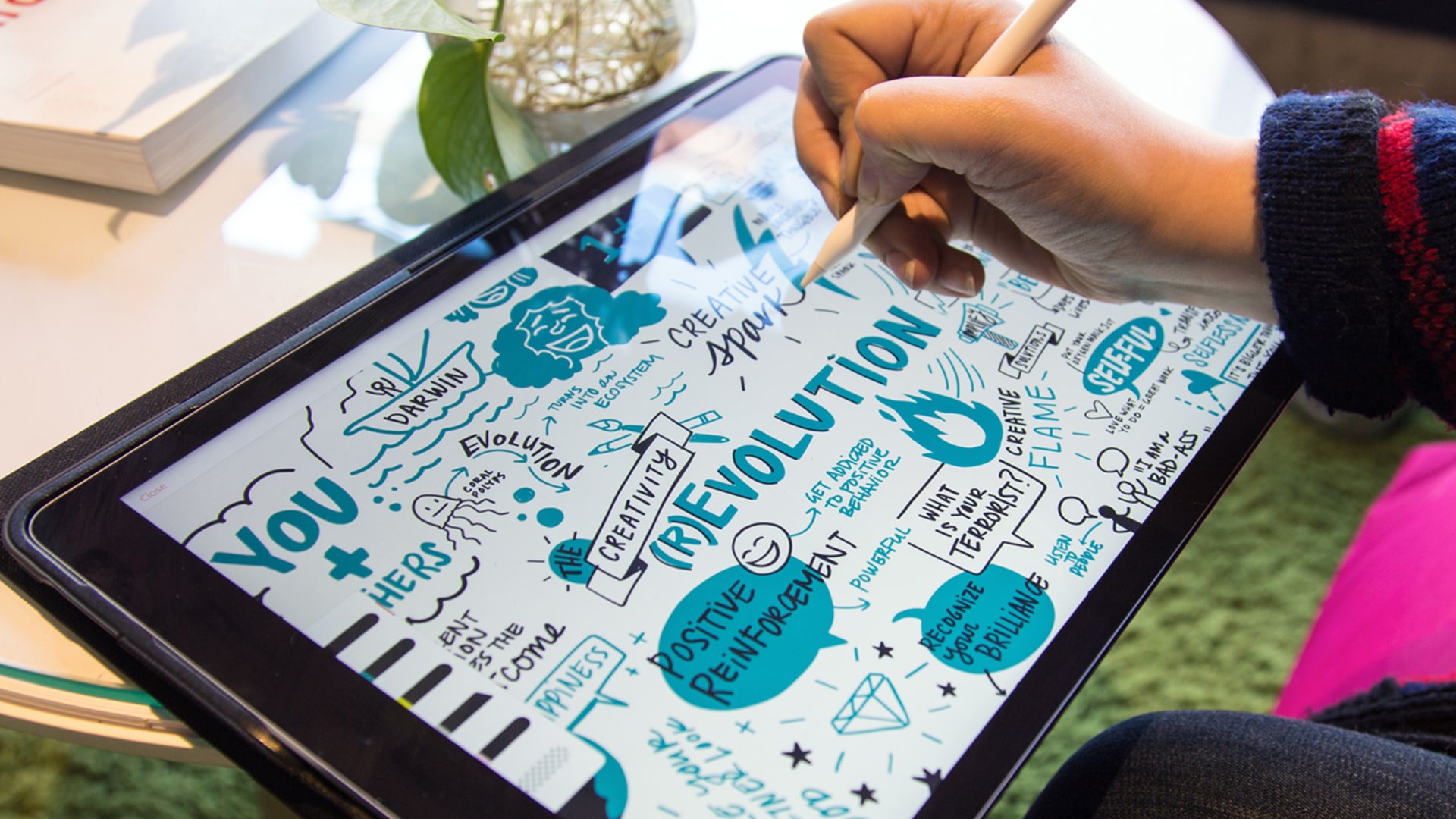Pulse of Information
Stay updated with the latest news and insights.
Note-Taking Ninjas: Level Up Your Ideas
Unlock your creative potential! Discover powerful note-taking strategies to elevate your ideas and transform your thinking today!
10 Powerful Note-Taking Techniques to Boost Your Creativity
Note-taking is not just about recording information; it's a vital skill that can significantly enhance your creativity. Incorporating effective note-taking techniques can help you organize your thoughts, spark new ideas, and retain information more efficiently. Here are 10 powerful note-taking techniques that can invigorate your creative process:
- Mind Mapping - This visual tool allows you to organize concepts around a central theme, fostering free association and encouraging creative thinking.
- Bullet Journaling - Combining task tracking with creative journaling, this technique helps you to reflect on ideas while staying organized.
- Sketchnotes - Use drawings and symbols alongside text to capture ideas in a more memorable and engaging way.
- Cornell Method - A structured format where you divide your paper into sections to summarize, question, and make notes, promoting better retention.
- Digital Note-Taking - Leveraging apps like Evernote or OneNote offers flexibility and easy access to your notes anywhere.
- Free Writing - Allow yourself to write without constraints for a set period; this can lead to unexpected insights.
- Annotation - Highlighting and commenting on your texts can deepen your understanding and stimulate new creative connections.
- Voice Notes - Recording your thoughts verbally can capture nuances and emotions that writing may miss.
- Daily Reflection - End your day by jotting down key learnings and creative ideas, which can help reinforce your thoughts for future projects.
- Grouped Themes - Organize your notes by themes to identify patterns and areas for further exploration.

How to Organize Your Thoughts: The Ultimate Guide to Effective Note-Taking
Effective note-taking is a crucial skill that can enhance your productivity and improve your understanding of complex topics. To organize your thoughts efficiently, start by selecting a suitable note-taking method that aligns with your learning style. Popular techniques include the Cornell Method, which divides your notes into summaries and cues, and the Mind Mapping technique, which allows you to visualize connections between ideas. By using these methods, you create a structured environment that facilitates better retention and recall.
Another important aspect of note-taking is the use of keywords and abbreviations. Rather than writing down everything verbatim, strive to capture the essence of the information. This can be achieved by highlighting key terms and phrases, which helps in organizing your thoughts and makes your notes more navigable. Consider implementing bullet points or numbered lists to break down information into digestible parts. Ultimately, by adopting these techniques, you can streamline your notes and foster a deeper understanding of the material.
Is Digital Note-Taking Better Than Paper? Exploring the Pros and Cons
In the digital age, the debate over whether digital note-taking is better than traditional paper methods has sparked considerable discussion. Advocates of digital note-taking highlight the advantages of organization and accessibility, as notes can be easily tagged, searched, and retrieved across various devices. Additionally, features like cloud storage ensure that your notes are safe from physical loss, while allowing for quick and effortless sharing among peers. However, some argue that the tactile experience of writing on paper aids in memory retention and comprehension, providing a more engaging way to interact with content.
On the other hand, digital note-taking comes with its challenges. The reliance on devices can lead to distractions from notifications and other apps, which may hinder focus during note-taking sessions. Furthermore, the need for electricity or battery life can pose limitations when access to technology is compromised. Ultimately, the choice between digital and paper note-taking depends on individual preferences and learning styles. Some may prefer the traditional feel of paper, while others may embrace the efficiency and flexibility offered by digital tools.